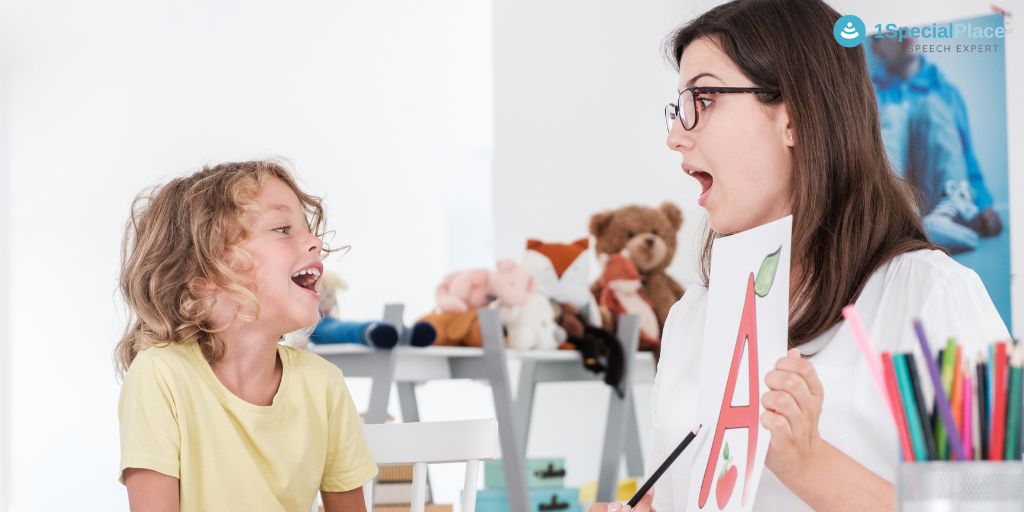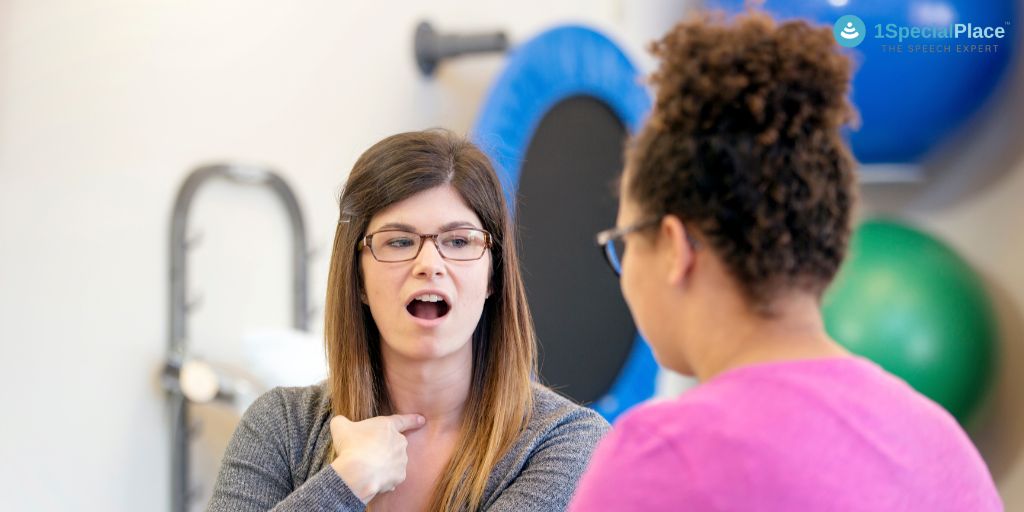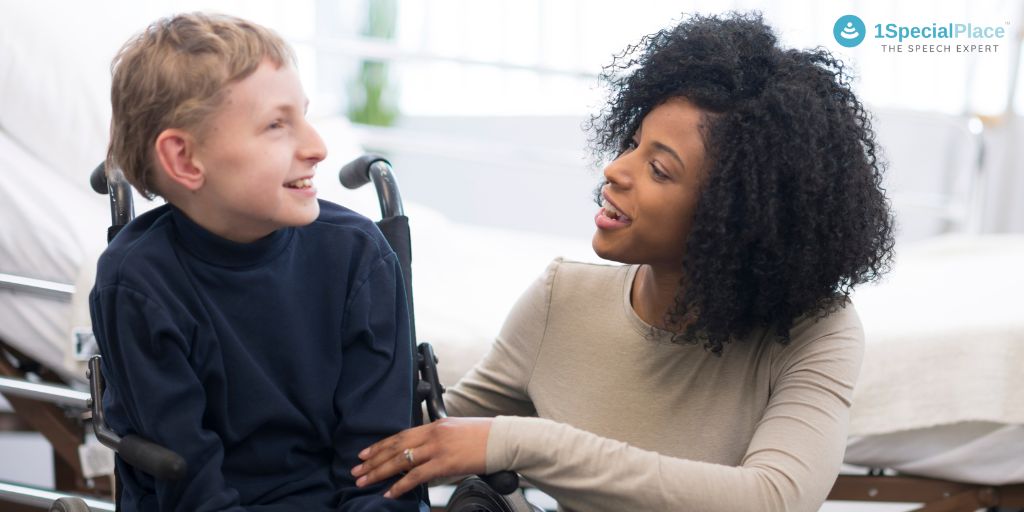Epilepsy – Myths and Facts
What is Epilepsy? Epilepsy is a long-term condition characterized by recurrent seizures brought on by aberrant electrical signals generated by damaged brain cells. Seizures are brought on by an uncontrollably high spike in electrical activity within brain cells. A seizure may cause modifications to your consciousness, sensations, emotions, behavior, and motor control (your muscles may …





